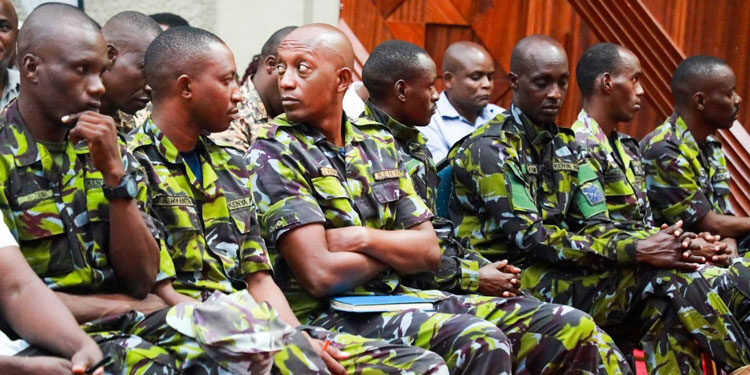Kenya has renewed its commitment to protecting its marine environment by strengthening oil spill response mechanisms through a multi-agency initiative involving regional partners. The Kenya Ports Authority (KPA), in collaboration with the Kenya Maritime Authority (KMA) and the Indian Ocean Commission, launched a five-day training exercise dubbed MASEPOLREX25 at the Bandari Maritime Academy in Mombasa.
The exercise features live simulations aimed at testing the country’s readiness to handle oil spill incidents and reviewing the effectiveness of the National Oil Spill Contingency Plan. According to KPA Managing Director Capt. William Ruto, the drill not only enhances national preparedness but also fosters regional collaboration, which is vital for safeguarding shared marine ecosystems.
“We must continue to invest in training and coordination across borders. Marine pollution, particularly oil spills, has no respect for boundaries. It is only through joint efforts that we can effectively respond to such threats,” said Capt. Ruto.
The training brings together officials from the Ministry of Blue Economy, the Kenya Navy, and other maritime stakeholders who echoed the need for vigilance and proactive strategies. “We must be prepared for the worst even as we work to prevent such incidents,” noted a Ministry representative, citing previous successful responses such as the 2005 clean-up operation in Mombasa, when a grounded oil tanker prompted swift containment efforts that minimized ecological damage.
Kenya has previously responded to smaller oil spills along its coastline and is increasingly investing in maritime surveillance, port waste reception facilities, and regional response frameworks. The MASEPOLREX25 drill underscores the government’s increasing emphasis on sustainable maritime operations and environmental protection, in line with international conventions.
As maritime activity increases within Kenyan waters—especially at the busy Port of Mombasa—experts stress that such preparedness exercises are no longer optional but essential. The current initiative sets a benchmark for how coastal nations in the western Indian Ocean can collaborate to address marine pollution and build resilience against environmental disasters.
This article was published by Githua Kihara, an editorial consultant for FEAFFA’s Freight Logistics Magazine. For any inquiries, please contact us via email at editorial@feaffa.com or freightlogistics@feaffa.com, or reach out to Andrew Onionga directly at onionga@feaffa.com / +254733780240.





